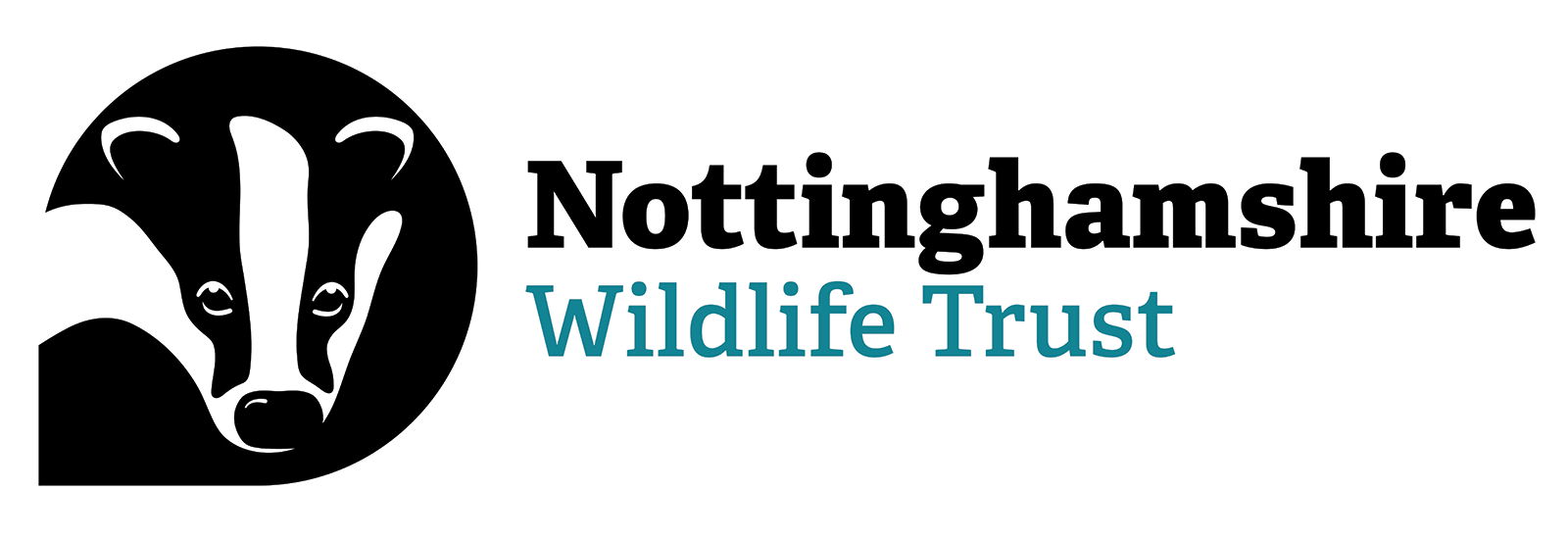Earlier this year, a cull licence application was submitted for an, as yet unidentified, area within Nottinghamshire, Leicestershire and Lincolnshire, but Nottinghamshire Wildlife Trust believes that any local cull would undermine the progress made with the vaccination programme and constitute a considerable waste of public and private money at a time when public resources are under unique pressure. Efforts to stop the spread of bTB should instead be focussed on stopping cattle to cattle transmission through movement of infected cattle, developing a cattle vaccine, improved biosecurity and vaccination of badgers.
Nottinghamshire Wildlife Trust believes that the pace of policy development and a recent High Court ruling call into question the current application process and would like to see it halted.
In March the Government issued its response to the Godfray review, a review of its 25 Year Bovine TB Strategy, making clear that it wishes to see badger vaccination programmes substantially expanded. Earlier this month the High Court rejected the NFU’s Appeal against a ruling to not allow culling in Derbyshire, where Derbyshire Wildlife Trust have successfully been delivering badger vaccinations across a wide area, and on Friday 14th May Defra announced a new 6-week consultation on proposals to manage the delivery of both badger vaccination and culling in Edge counties such as Nottinghamshire.
Speaking on behalf of Nottinghamshire Wildlife Trust, Head of Conservation, Janice Bradley, said:
